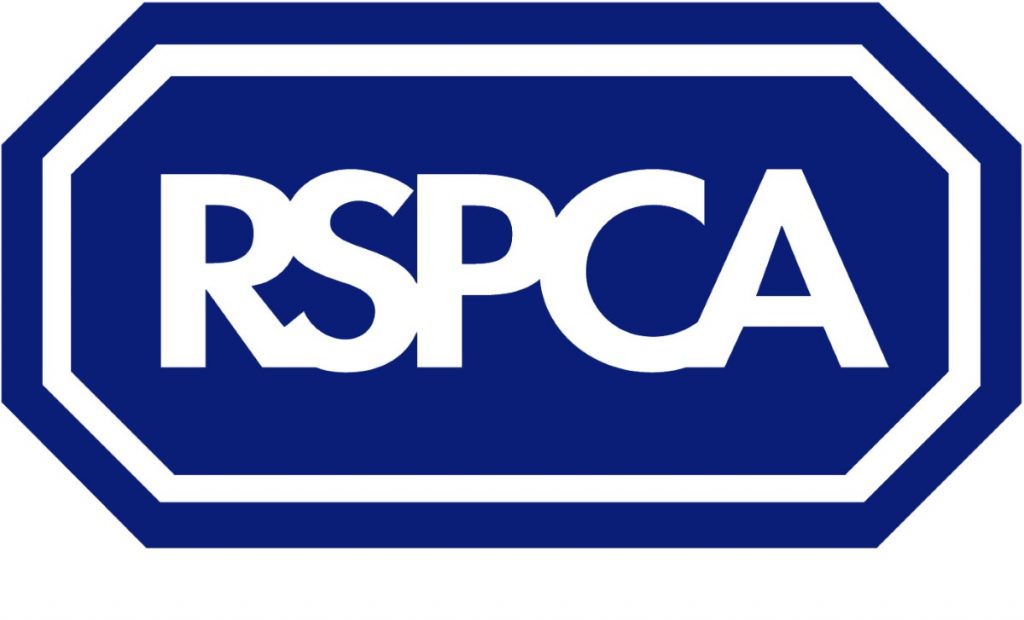Illegal puppy trade and rabies risk to continue despite new pet travel laws, warns RSPCA
The serious risk of diseases – including rabies – being reintroduced into England will continue, despite updated European pet travel laws, the RSPCA has warned.
Britain’s biggest animal welfare charity has already warned that eastern European puppy dealers run their commercial trade in puppies by using the present laws on pet animals, after the number of calls to the RSPCA about the puppy trade increased by more than 81% in less than two years1.
The new law will not prevent commercial dealers bringing in under age puppies unless it is enforced at the border.
The RSPCA continues to be involved in a number of active investigations in which our inspectors have found unvaccinated puppies being offered for sale via the internet and classified adverts, after being illegally imported from eastern Europe.
David Bowles, the RSPCA’s head of public affairs, said: “We are not scaremongering. In the past two years RSPCA and local trading inspectors have seen with their own eyes puppies which have been brought into this country with falsified vaccination certificates that aren’t worth the paper they are written on.
“These give absolutely no guarantee to buyers about the health of the puppies, which could potentially be carrying deadly diseases.
“The new law, whilst a step forward, will not prevent commercial puppy dealers misdeclaring dogs as being pets rather than commercial use, not bringing in animals that are too young. Change can only happen through greater enforcement at Dover to show the puppy dealers that the UK is not a soft touch for their illegal activities.”
The Department for Environment, Food and Rural Affairs has updated EU pet travel regulations with a series of key changes which come into force from 29 December. These include the requirement that puppies must be at least 12 weeks old before they can be vaccinated against rabies for the purpose of pet travel and to cut down on veterinary fraud in the exporting country.
When the laws were last changed two years ago there was a massive increase in the commercial trade in puppies.
“Defra’s new tightened up regulations will only work if enforcement is improved. Puppies are only being picked up once they are in the country, which is too late. The UK needs to send a strong message to puppy dealers that we are not a soft touch for their illegal trade. This can only be done through better and increased spot checks at the border.
The RSPCA raised its concerns to Defra a few months ago during the consultation process.
An RSPCA report in March – The puppy trade from Europe: controls are failing – made five specific recommendations to help tackle the issues connected with illegally imported puppies. Only one has been acted upon in the subsequent nine months.
? The Government should increase spot checks at ports in Dover and Holyhead to enforce the rules on non-commercial trade in dogs. This should focus on falsified or inaccurate paperwork.
? Responsibility for checking the PETS systems to be passed from the ferry companies to the statutory border control agency.
? The Government should update the risk modelling from 2010 on the import of rabies in light of the increase in trade of dogs from eastern Europe.
? The Government should start proactive liaison with the European Commission and the veterinary authorities in Lithuania, Hungary, Poland and Romania to assess and reduce the risk of fraudulent pet passport certificates being issued.
? The Government should focus resources on dogs being offered for sale on the internet to assess if they comply with the Pet Animals Act 1951 and that they have been imported legally under the commercial rules rather than the non-commercial PETS scheme.
To find out more about the RSPCA’s work to tackle the illegal puppy trade visit www.rspca.org.uk/puppytrade
Notes to editors
1. The RSPCA received a total of 1,678 calls about puppy farms and trafficking in 2012, compared to 3,050 in 2014 from 1 January up to 18 December. This was an increase of more than 81%.
RSPCA, Wilberforce Way, Southwater, Horsham, West Sussex RH13 9RS
Press office direct lines: 0300 123 0244/0288 Fax: 0303 123 0099
Duty press officer (evenings and weekends) Tel 07825 158490
Email: press@rspca.org.uk Website: www.rspca.org.uk





-01.png)